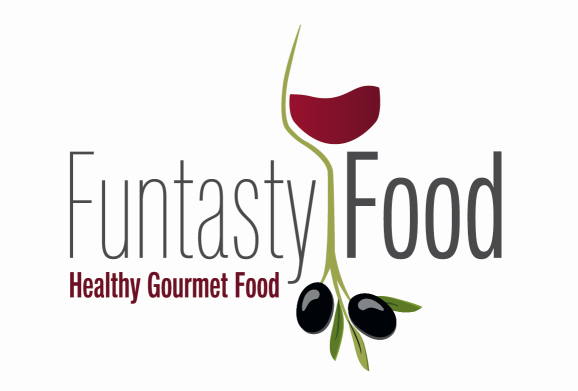Wine description
| Aroma: |
Aromas of honey, fresh peach and bitter orange followed by an exotic and Moorish background of roasted almonds, biscuits and cinnamon. |
| Colour: |
Intense amber |
| Palate: |
The nose is fruity with the sweetness of honey and the freshness of bitter oranges. The palate is dense and intense but delicate at the same time. Terribly persistent. |
| Overall result: |
A great wine with a high concentration of flavours and a balanced acidity that is not cloying and lives up to its name: a pure essence |
| Match with: |
...desserts such as flan, fruit in syrup and simply to enjoy a glass at sunset. |
| Alcohol: |
14 % vol. |
| Quantity: |
0,375l |
Terroir
| Region: |
D.O. Valencia |
| Vintage: |
2016 |
| Vines: |
Moscatel de Alejandría |
| Soil: |
Clay-limeston |
| Hight: |
approx. 20 metres above sea level |
| Clima: |
Mediterranean-continental climate with cold nights due to the altitude and hot summer days tempered by a sea breeze. |
| Harvest: |
Manually |
Vinification
| Manufacturing: |
One month fermentation with skins and then pressed for 1 week to extract all the sweetness. |
| Aging: |
36 months in oak barrels with a capacity of 120 litres. |
Awards
| Robert Parker: |
93/100 |
| Peñin: |
96/100 (harvest 2018). 2016 no tasting performed. |
Criticism
"The mahogany-coloured, super-sweet 2016 Casta Diva Esencia is a curiosity, as only 125 litres were bottled in 248 half-bottles. It is made from Moscatel grapes that are hung in a room to dehydrate and concentrate the juice to obtain this whim of nature with 10% alcohol, ten grams of acidity (the acidity is highly concentrated) and 250 grams of unfermented sugar. It matured for a year in acacia barrels, giving it a nose of carob beans, toasted brown sugar, a hint of volatility and beeswax. The palate is thick and dense, intensely sweet, and even the high acidity doesn't really seem to balance the sweetness. It doesn't seem to have the balance and depth of their other sweet wines.
Gutiérrez de la Vega is probably the best sweet wine producer in Spain. They are based in Jávea, in the heart of Alicante, but they gave up the designation of origin after there were disagreements about the style of the Fondillón wines. As a result, they are not allowed to use the word Fondillón or even Alicante on their labels."

